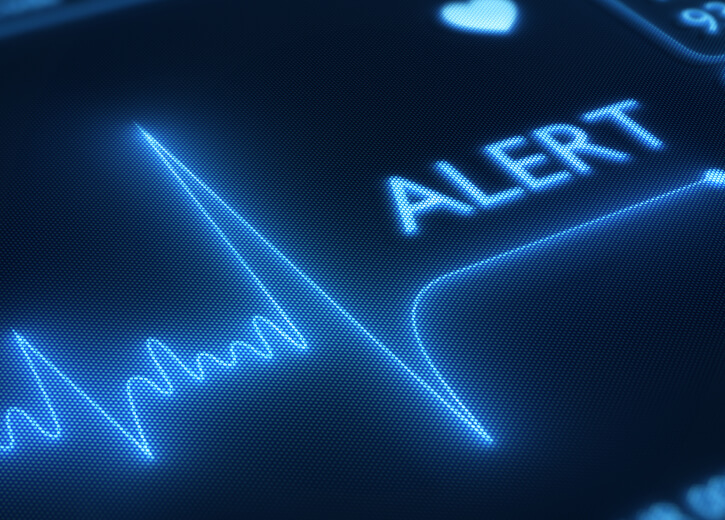For a long time, chest pain was thought to be a universal symptom of heart attacks, but decades of research have shown that the symptoms aren't always so straightforward. In reality, symptoms vary depending on a variety of factors such as gender, age, and health profile. Aster Hospitals is one of the best cariology hospitals in Dubai.
What are the early symptoms?
Because a lot of heart damage occurs in the first two hours after a heart attack, paying attention to any early symptoms is critical. The sooner you seek medical attention for a heart attack, the better.
Early heart attack symptoms may occur in 50% of all people who have heart attacks, according to the Society of Cardiovascular Patient Care.
The symptoms of a heart attack differ from person to person and even from one heart attack to the next. The most important thing is to believe in yourself. You understand your body better than anyone else. If you suspect something is wrong, seek immediate medical attention.
Symptoms of a heart attack in men
Men suffer from heart attacks at nearly twice the rate that women do in the general population. Men also have heart attacks at a younger age than women. Your chances of having a heart attack are increased if you have a family history of heart disease or a history of cigarette smoking, high blood pressure, high blood cholesterol, obesity, or other risk factors.
· Squeezing chest pressure or pain
· Jaw, neck, or back pain
· Nausea or vomiting
· Shortness of breath
Symptoms of a heart attack in women
In recent decades, scientists have discovered that the symptoms of a heart attack differ significantly between men and women.
While pain and squeezing sensations in the chest remain the most common symptoms in women, many commonly self-reported symptoms differ significantly from those seen in men. One of the reasons women tend to wait longer than men to seek medical attention if they suspect they are having a heart attack is a lack of understanding about the differences in symptoms between genders.
· Chest pain, but not always
· Pain or pressure in the lower chest or upper abdomen
· Jaw, neck, or upper back pain
· Nausea or vomiting
· Shortness of breath
· Fainting
· Indigestion
· Extreme fatigue
Consult the best cardiologist in Dubai if you experience any symtpoms.
You can reduce your risk of severe heart damage from a heart attack by scheduling regular checkups and learning to recognise the symptoms of a heart attack. This may improve your health and well-being.
Women who believe they are healthy frequently misinterpret the symptoms of a heart attack because they do not believe it could happen to them. That is why it is critical to educate yourself about heart attacks, know your numbers, and live a heart-healthy lifestyle.
Following a silent heart attack, you may experience increased fatigue or find that exercise becomes more difficult. Maintain your heart health by getting regular physicals. Talk to your doctor about getting tests to check the condition of your heart if you have cardiac risk factors or a family history of cardiac disease.



